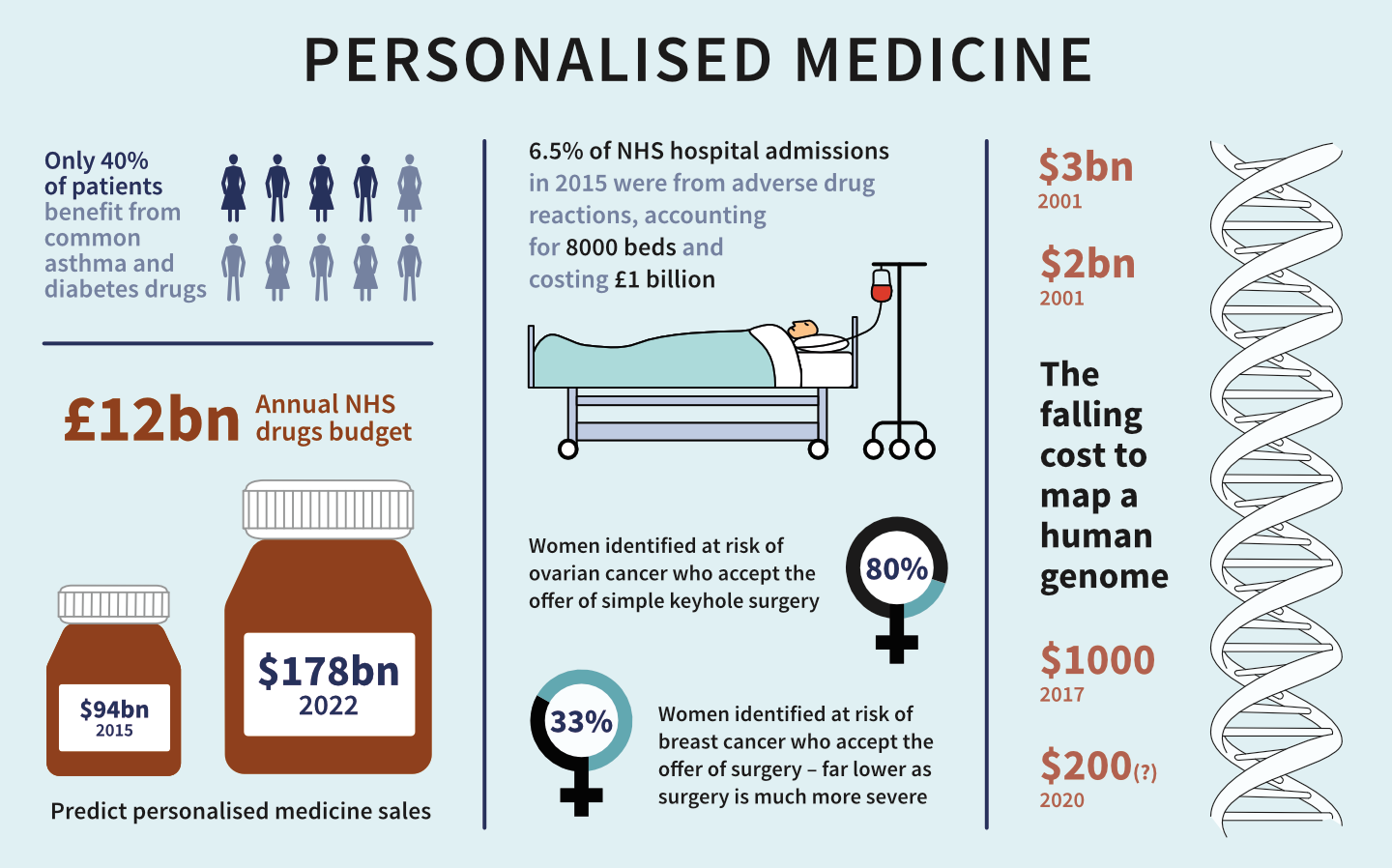
AI Revolutionizes Healthcare: Precision Medicine and Personalized TreatmentsAI Revolutionizes Healthcare: Precision Medicine and Personalized Treatments Artificial intelligence (AI) is transforming the healthcare industry by enabling precision medicine and personalized treatments. This disruptive technology is leading to a paradigm shift, empowering clinicians to tailor medical interventions to each patient’s unique genetic, environmental, and lifestyle factors. Precision Medicine: Unlocking Genetic Insights AI algorithms can analyze vast amounts of genomic data, identifying genetic variants linked to diseases and predicting individual patient responses to treatments. This granular understanding empowers clinicians to: * Develop targeted therapies that specifically address the underlying genetic mutations responsible for a disease. * Accurately predict disease risk and tailor preventive measures accordingly. * Avoid unnecessary treatments or adverse drug reactions by identifying patients who are unlikely to benefit or may be at risk of complications. Personalized Treatments: Tailoring Care to Individual Needs AI also plays a pivotal role in personalizing treatments beyond genomics. It can: * Collect and process real-time data from patient monitoring devices, providing a comprehensive view of their health status. * Use machine learning to predict disease progression and identify patients at risk of deterioration. * Optimize treatment plans by considering patient-specific factors such as age, lifestyle, and comorbid conditions. * Engage patients in their own care by providing personalized recommendations and support. Benefits of AI in Healthcare The integration of AI into healthcare offers numerous benefits: * Improved Patient Outcomes: Precision medicine and personalized treatments improve disease diagnosis, treatment efficacy, and patient outcomes. * Reduced Healthcare Costs: By targeting treatments more effectively, AI can reduce unnecessary healthcare expenses and improve resource utilization. * Enhanced Patient Engagement: AI-driven personalized care empowers patients, fostering better adherence to treatment plans and overall well-being. * New Opportunities for Innovation: AI opens up new avenues for research and drug development, leading to the creation of more effective and personalized treatments. Challenges and Considerations While AI holds immense promise in healthcare, there are challenges to consider: * Data Privacy and Security: Sensitive patient data must be protected to ensure confidentiality and trust. * Bias and Fairness: AI algorithms must be trained on comprehensive and unbiased datasets to avoid perpetuating existing health disparities. * Clinical Validation: AI-powered diagnostic and treatment tools must undergo rigorous clinical validation to ensure accuracy and reliability. * Ethical Implications: The use of AI in healthcare raises ethical concerns, such as the potential to exacerbate health inequalities or limit patient autonomy. Conclusion AI is revolutionizing healthcare by enabling precision medicine and personalized treatments. By leveraging vast amounts of data and advanced algorithms, AI empowers clinicians to tailor medical interventions to the unique characteristics of each patient. This paradigm shift promises to improve patient outcomes, reduce healthcare costs, enhance patient engagement, and drive innovation in the healthcare field. However, it is essential to address challenges and ethical implications to ensure that AI is used responsibly and equitably to benefit all patients.
Posted inNews